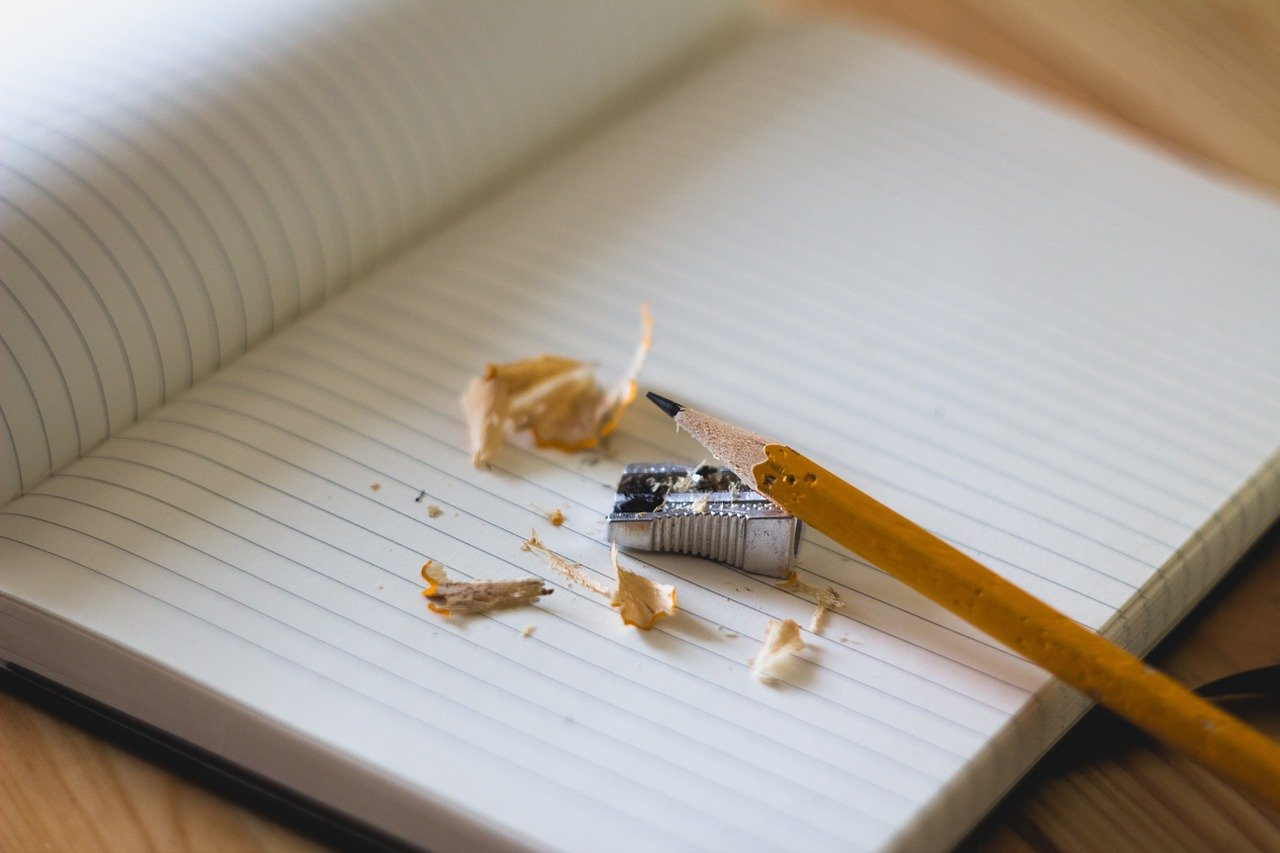Analyzing Rhetorical Appeals: A Lesson for College Students
A lesson for college students on rhetorical appeals Read More

How do I cite a grant proposal?
How you cite a grant proposal depends on where you found it. As always, follow the MLA format template and list the information provided in… Read More
Is WordPress a container?
No. WordPress is a software tool that allows users to create websites. While a website (like The MLA Style Center) is a container, the underlying… Read More
Addressing Misconceptions about Plagiarism in Writing by L2 Writers
Educators should explain to L2 writers the meaning of plagiarism in Western academia Read More

How do I list on my CV a presentation for a conference that was canceled?
If the conference that accepted your presentation was canceled, you may list the presentation on your CV under a header such as “Accepted Papers” or… Read More
If I am citing a commonly studied play that does not use line numbers, should I cite act and scene only?
Yes. And if you think it would help your readers, you may also provide the page number in your in-text citation. You may also want… Read More
Is there a way to avoid back-to-back parentheses when a block quotation ends with a parenthetical and the quotation is followed by a parenthetical reference?
The best way to avoid multiple punctuation is to rewrite if possible. Let’s say you are citing the passage from an e-book without stable pagination. Read More
In what order should I list names in the “Other contributors” slot?
List them in the order given in the source. If the names are not presented hierarchically, the order is up to you. You may wish to… Read More
Once upon an Introduction: “Daniel Dennett’s Science of the Soul,” by Joshua Rothman
Introductions may be informative, but they can also entertain Read More

How do I punctuate a sentence in parentheses that follows another sentence?
If a sentence in parentheses follows a sentence, place a period before the closing parenthesis: I went to an exhibit at Vito Schnabel’s… Read More